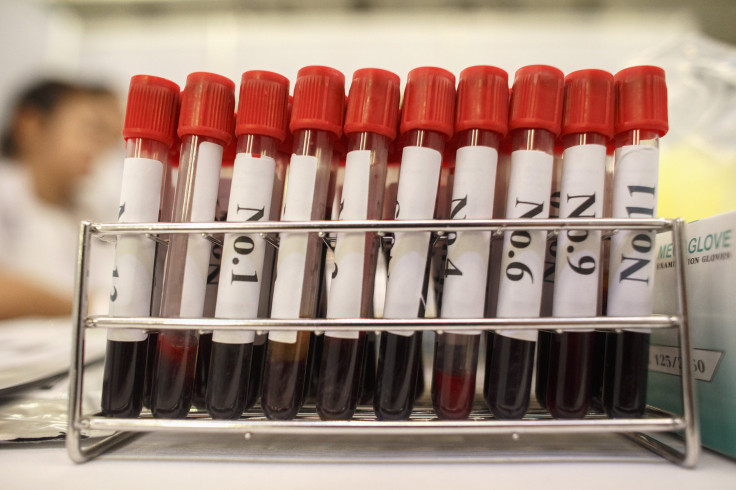Coronavirus Update: Severe COVID-19 Might Lower Hemoglobin Levels

The hemoglobin value was significantly reduced in COVID-19 patients with severe illness compared to those who had a milder version of the disease, a meta-analysis of four applicable studies revealed.
The experts at the University of Verona, Italy reviewed four studies that included 1,210 COVID-19 patients -- out of which, 224 had severe illness. The primary endpoint was defined as a composite of the need for mechanical ventilation, admission to the intensive care unit or death.
The findings revealed that the hemoglobin value was recorded to be significantly lower in coronavirus patients with severe illness, yielding a weighted mean difference of −7.1 g/L.
“Initial assessment and longitudinal monitoring of hemoglobin values seem advisable in patients with the SARS-CoV-2 infection, whereby a progressive decrease in the hemoglobin concentration may reflect a worse clinical progression. Subsequently, studies shall be urgently planned to assess whether transfusion support (e.g., with the administration of blood or packed red blood cells) may be helpful in this clinical setting to prevent evolution into severe disease and death,” MDedge quoted the study authors.
New research revealed the potential of artificial intelligence for developing a patient classifier that can separate patients who are likely to test negative for COVID-19 from a pool of suspected individuals visiting an ER. The researchers have designed a low-cost and effective method of preliminary classification of suspected positives and use commonly conducted blood tests including leukocytes, mean corpuscular hemoglobin concentration, red blood cells, potassium, and red blood cell distribution width to triage those who are most likely to test negative.
Another team of researchers also opined that COVID-19 attacks hemoglobin in the red blood cells and renders them incapable of transporting oxygen to the cells. One of the most severe complications of COVID-19 is acute respiratory distress syndrome which occurs when fluid accumulates in the lungs and oxygen can’t cross it, making it difficult for patients to breathe.
“We are starting to realize that maybe that’s not true. There's been some data coming out how ventilators are doing more harm than good in some of these COVID-19 patients. One of the things that have actually been proposed is actually this idea that hemoglobin is attacked by COVID-19,” LOCAL12 quoted Dr. Zach Jenkins, an infectious disease specialist with Cedarville University.
© Copyright IBTimes 2025. All rights reserved.






















